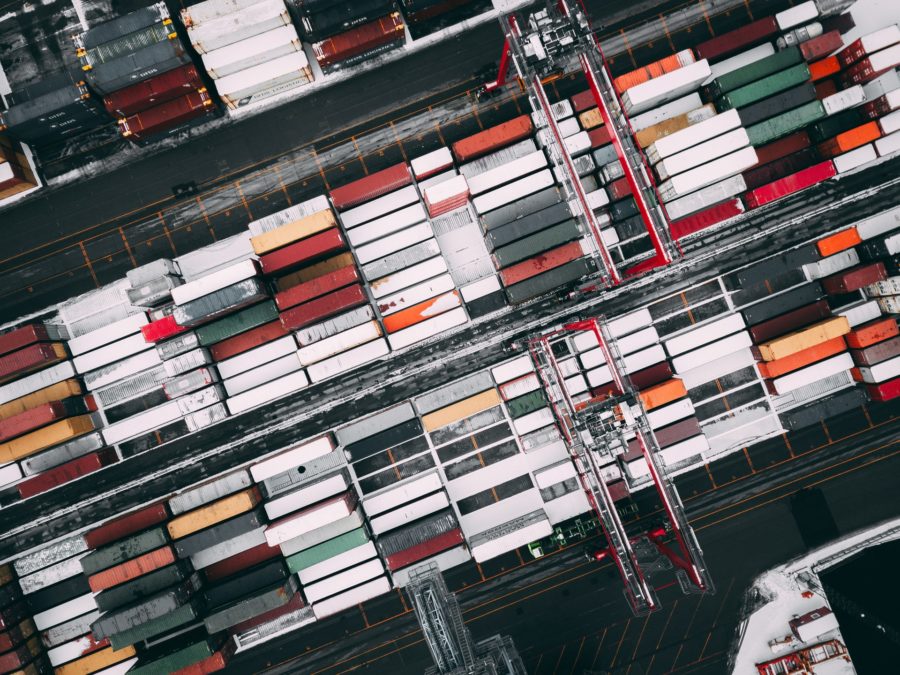October 2, 2020
North American Supply Chains Continue to Feel Impact of Port of Montreal Strike

Following a strike by dockworkers that lasted for one month and paralyzed operations at the Port of Montreal in August and September of this year, Resilience360 research indicates that major ports both on the west and east coast of Canada continue to experience disruption ranging from port congestion to rail car shortages.
Click here to review the Port of Montreal strike.
“While the strike ended more than four weeks ago, ocean and rail dependent supply chain operations across Canada are unlikely to fully normalize before November 2020,” says Neža Kričaj, Supply Chain Risk Analyst, Resilience360. “Supply chain managers are therefore advised to adjust their routes and shipments accordingly, and explore options to divert cargo to alternative modes of transportation wherever possible.”
“At Montreal, some shippers are reportedly using truck delivery instead of rail to reach Toronto faster and terminals are also offering short-sea services to Toronto,” she said.
She added that the impact has yet to felt by U.S. West Coast supply chain managers.
“In the short term, there might be some expedited ocean services that bypass the Canadian ports, but most large vessels on West coast rotations call first at the Canadian ports after crossing from East Asia so the big volumes will continue to go through there. Vessels delays might actually trickle down into US ports such as Tacoma and Seattle as well,” she said.
In the long term, however, Canadian ports will not only have a cost and time advantage, but also more capacity as they expand terminals and could actually divert more cargo from U.S. west coast ports, she added.
On the east coast, large amounts of container backlogs continue to be cleared and port operations are expected to return to normal by early October.
The imbalance of rail cars in the network, coupled with large incoming volumes and labor shortages, have also caused severe congestion at ports on Canada’s west coast since last month. The rail car imbalance was partly caused by vessel diversions to east coast ports due to the strike at the Port of Montreal. Carriers expect the situation to normalize by October.
We encourage you to reach out to us for guidance around how to navigate these complex freight issues as we continue to move through the COVID-19 pandemic.
We will continue to provide updates as they become available, and are always available to answer any questions or concerns.
(Source: Logistics Management)